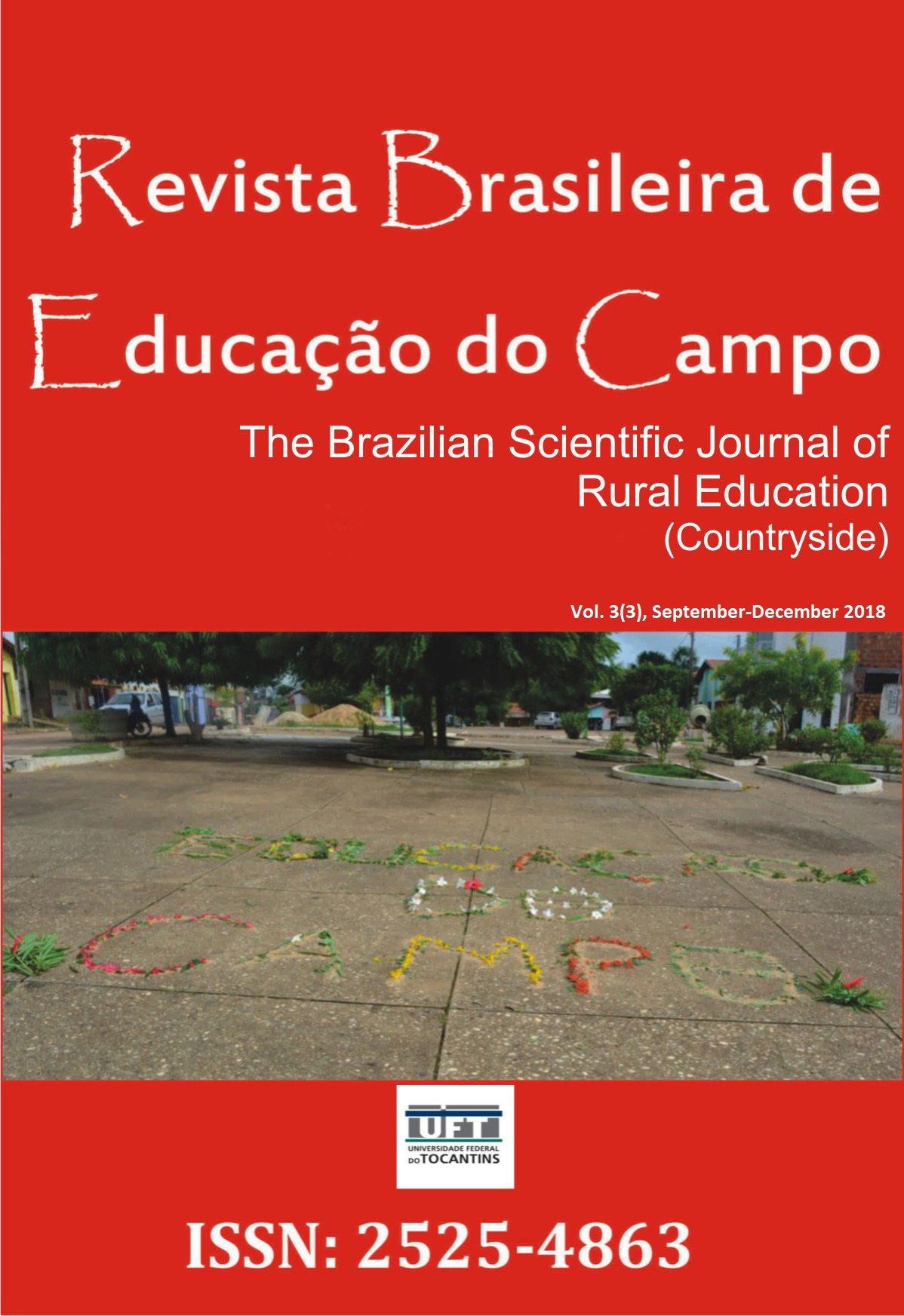Educacion of quilombolas teachers and the Ethnomathmatics Program: rethinking about processes of teaching Mathmatics
DOI :
https://doi.org/10.20873/uft.2525-4863.2018v3n3p1064Résumé
ABSTRACT. This article is carried out with the help of a teacher training workshop of the Education, Culture and Sport Sciences Program (SEDUCE). The program is directed to the quilombola communities that serve 1st year students of 9th grade. Primary Education and in the Education of Teenagers, Youth and Adults (EJA). The workshop made use of African games, such as: Tsoro Yematatu, Shisima and Oware. According to D'Ambrosio (1997, 1999, 2005, 2012), it is a strategy to make the slopes develop their potential and their mathematical abilities, thus understanding and transcending the other sociocultural environments. We are looking at the qualitative approach. As an instrument for the constitution of data that represent the elements that potentiate a continuous formation of Mathematics teachers, the use of a questionnaire at the end of the workshop. The evaluation of tracking metological measures to the teaching of teaching statistics which are to promote the differential and whoognects or cognitive to visine autodispersible, need-to-shear in the subject, in action to education.Téléchargements
Téléchargements
Publié-e
Comment citer
Numéro
Rubrique
Licence
Proposal for Copyright Notice Creative Commons
1. Policy Proposal to Open Access Journals
Authors who publish with this journal agree to the following terms:
A. Authors retain copyright and grant the journal right of first publication with the work simultaneously licensed under the Creative Commons Attribution License that allows sharing the work with recognition of its initial publication in this journal.
B. Authors are able to take on additional contracts separately, non-exclusive distribution of the version of the paper published in this journal (ex .: publish in institutional repository or as a book), with an acknowledgment of its initial publication in this journal.
C. Authors are permitted and encouraged to post their work online (eg .: in institutional repositories or on their website) at any point before or during the editorial process, as it can lead to productive exchanges, as well as increase the impact and the citation of published work (See the Effect of Open Access).














